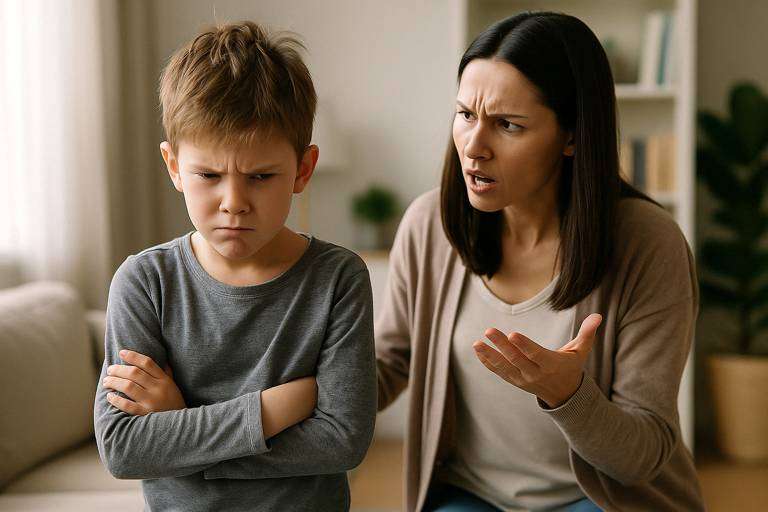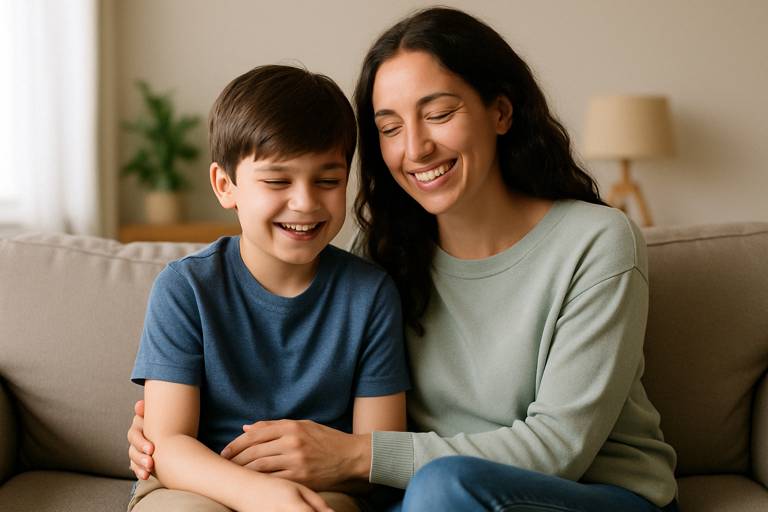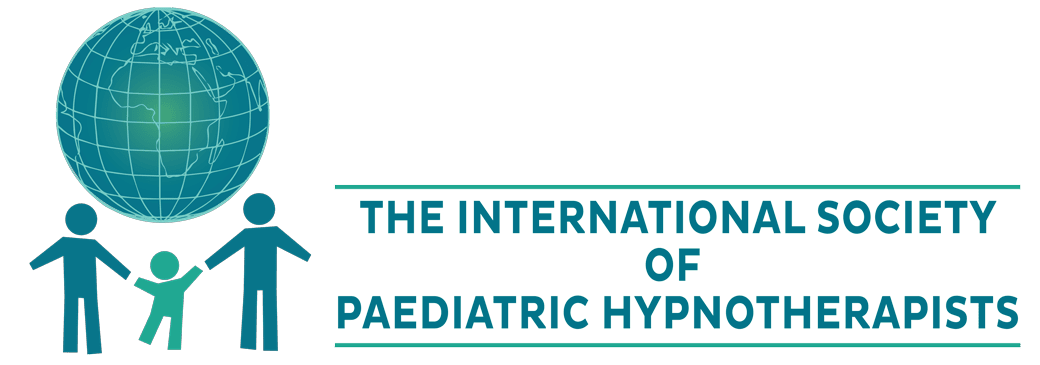Anger is a natural emotion, but when it becomes overwhelming or difficult to control, it can affect a child’s relationships, behaviour, and self-esteem. Emotional outbursts, aggressive behaviour, or constant frustration are signs that a child may be struggling with emotional regulation. With the right support, children can learn how to manage their feelings and respond in healthier, more balanced ways. Hypnotherapy offers a gentle and effective approach to anger management for children.
Understanding Emotional Regulation in Children
Children are still learning how to navigate their emotions. They may not yet have the language or awareness to explain what they are feeling, so their frustration can come out in big, sudden ways. Tantrums, shouting, or even physical aggression may be their way of expressing overwhelm or distress. There is no one-size fits all when it comes to anger management for children
Some children seem to go from calm to furious in seconds, while others bottle up their emotions until they explode. These patterns often reflect how a child’s brain and nervous system are developing. Past experiences, stress, or changes at home or school can all contribute to difficulty regulating emotions.

“Children don’t choose to be angry. Often, it’s their only available response when they don’t feel heard or safe. Anger management for children is sometimes a complex puzzle.”
Paul White, founder of TISPH
Why Emotional Regulation Can Be Difficult
A child’s emotional world is intense. Without tools to understand and manage their feelings, they can become overwhelmed. Some children feel ashamed after outbursts but don’t know how to behave differently. Others may be told they are ‘naughty’ or ‘bad,’ which can damage their self-image and make things worse.
Children who struggle with emotional regulation may also experience sleep problems, anxiety, or low confidence. The behaviour is not the problem – it is a sign that the child needs help understanding and expressing their feelings.
Even children who appear confident or outgoing may be struggling underneath. Emotional dysregulation isn’t always loud. Some children internalise their emotions and may seem quiet, withdrawn, or overly compliant. Hypnotherapy can also support these children in finding a healthy balance and expressing emotions safely.
How Hypnotherapy Can Help with Anger Management for Children
Hypnotherapy offers children a safe and creative space to explore and manage their emotions. Using stories, visualisation, and calming techniques, therapists can help children recognise what they are feeling and learn how to respond differently.
Instead of reacting with anger, children are shown how to pause, breathe, and express themselves in healthier ways. The sessions are gentle and designed to suit each child’s developmental level.
Because children use their imagination so naturally, they are quick to pick up these tools. On average, children need half as many sessions as adults to see meaningful changes.
Hypnotherapy can also help children build emotional awareness, a vital skill that improves their ability to understand not just their own feelings, but the feelings of others. Over time, this leads to better friendships, greater empathy, and stronger emotional resilience. For many families, hypnotherapy provides a new way to approach anger management for children that is effective and kind.
A Story of Success
A seven-year-old boy was brought to therapy after several incidents of anger at school. He would throw chairs, shout at teachers, and then cry with shame afterwards. His parents were worried, and he felt out of control.
Through guided stories and calming visualisations, the therapist helped him imagine a ‘cool-down button’ he could press when he felt his temper rising. After four sessions, he was using the technique daily. His teachers reported fewer outbursts, and his confidence began to grow.

Another child, a quiet eight-year-old girl, struggled with internalising her emotions. She would bottle up frustration until she burst into tears or refused to engage in class. Hypnotherapy gave her a way to identify and name her emotions, and she began expressing herself through storytelling and drawing. Her parents noticed a calmer, more confident child who no longer feared ‘getting in trouble’ for how she felt.
What to Expect from Hypnotherapy
Sessions are calm, playful, and adapted to the child’s age and personality. The therapist may use drawing, storytelling, breathing techniques, or metaphor-based play to support emotional understanding.
- Many children show improvements in behaviour and self-control within a few sessions
- Parents are supported with practical advice and simple strategies to use at home
The aim is not to suppress emotions but to help children manage and express them in ways that feel safe and constructive.
Why Choose a TISPH-Qualified Therapist?
TISPH therapists are trained in paediatric hypnotherapy, child development, and safeguarding. They understand how emotional regulation and anxiety feelings in children develops and how to support children who struggle with big feelings. If you’re looking for experienced, gentle support with anger management for children, a TISPH therapist can help.
You can find a qualified therapist using our [Find a Hypnotherapist] page.
Common Questions
Is hypnotherapy suitable for angry or defiant children?
Yes. Hypnotherapy works especially well for children who feel misunderstood or frustrated. It provides a safe, non-judgemental space where they can begin to change from the inside out.
Will my child need to talk about what makes them angry?
Not always. Hypnotherapy can be effective even if the child cannot explain everything. It works through the imagination, using stories and symbols to create change on a deeper level.
How many sessions will my child need?
Each child is different, but many respond within just a few sessions. Because children are naturally imaginative and open to suggestion, progress often happens more quickly than with traditional approaches. Hypnotherapy offers a gentle yet powerful solution for families seeking help with anger management for children.
